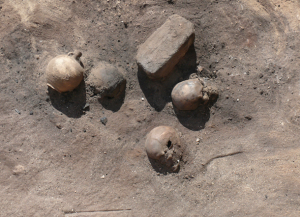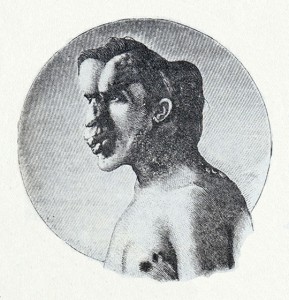What’s the deal with intention?
You’ve probably heard of Dr. Emoto’s inexplicable experiments with water crystals? There’s another, similar experiment circling the web, this one with rice instead of water. The results are equally as clear (and as head-scratching) as Emoto’s water experiments. So, what’s the deal with intention and thought — do these seemingly intangible things have an affect on reality itself? Does positive or negative thinking really have this much power?
Scientific Proof Thoughts And Intentions Can Alter The World Around Us!
By Steven Bancarz
“Dr. Masaru Emoto, a researcher and alternative healer from Japan has given the world a good deal of evidence of the magic of positive thinking. He became famous when his water molecule experiments featured in the 2004 film, What The Bleep Do We Know? His experiments demonstrate that human thoughts and intentions can alter physical reality, such as the molecular structure of water. Given that humans are comprised of at least 60% water, his discovery has far reaching implications… can anyone really afford to have negative thoughts or intentions?
A group of approximately 2,000 people in Tokyo focused positive intentions toward water samples located inside an electromagnetically shielded room in California. That group was unaware of similar water samples set aside in a different location as controls. Ice crystals formed in both sets of water samples, yet only certain kinds of formations were present within the water they were concentrating on. That group was unaware of similar water samples set aside in a different location as controls…”
Read the complete article here. Watch a video that recreates the experiment, below.
Share



